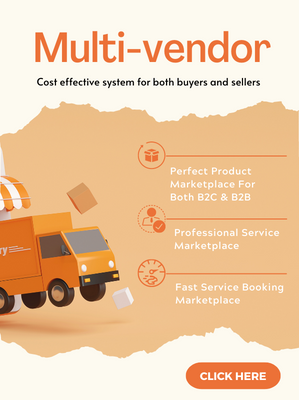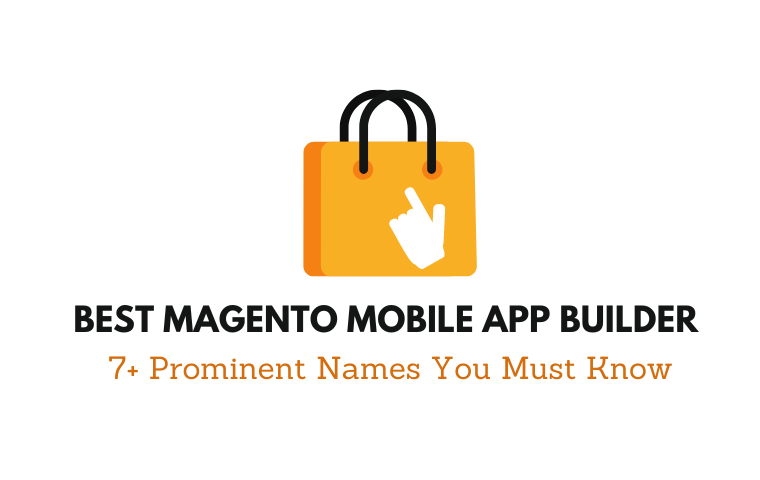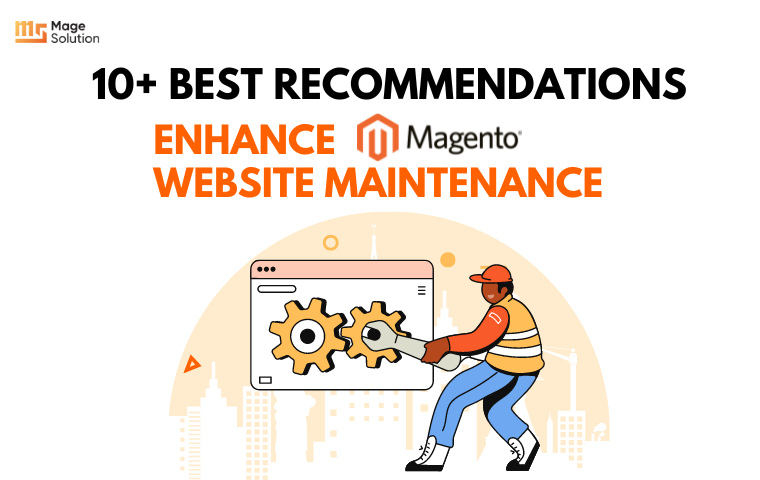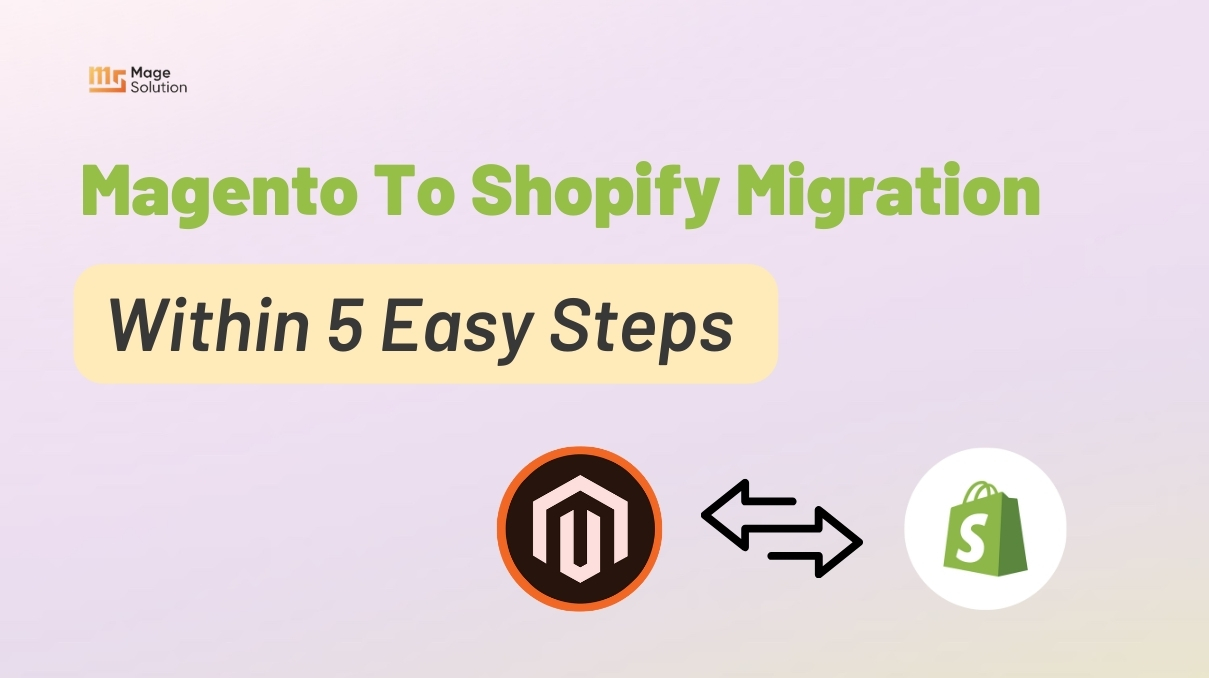Among existing eCommerce platforms, Magento and Salesforce Commerce Cloud are two of the most trendy with medium and large companies. These two well-known platforms bring the best technologies and tools to help merchants grow their businesses. But, opting for the best eCommerce solution is not easy. If you desire to migrate to or develop an eCommerce store on any of these platforms but don’t know which is best for your brand, this article will guide you. We will show you a detailed comparison between Magento Commerce Cloud and Salesforce Commerce Cloud.
Overview: What is Magento and Salesforce commerce cloud?
Magento Commerce
Magento Commerce (now Adobe Commerce) is an eCommerce platform created on open-source technology. It equips businesses with a flexible shopping cart system and manages their online store’s theme, content, and features. Also, Magento gives helpful marketing strategies, SEO tools, and catalog-management tools.
Magento is adaptable, allowing companies to build personalized experiences with maximum freedom. With over 300,000 Magento stores, it has become the most commonly used eCommerce platform worldwide.
Besides, Magento offers a free version called Magento Open Source and two paid versions: Magento Commerce and Magento Commerce Cloud. But, after the acquisition by Adobe, Magento has rebranded the paid version to Adobe Commerce and Adobe Commerce Cloud, respectively. The free one (Magento Community) became Magento Open Source.
Unlike the free version, Magento Commerce and Magento Commerce Cloud have more robust built-on features in data analytics, marketing, customer experience, and content management.
Salesforce
Salesforce Commerce Cloud, initially Demandware, is a cloud-based service. It helps merge how businesses engage with customers over any channel or device (mobile, social, web, and store).
Salesforce began as a CRM add-on company but has evolved to incorporate eCommerce solutions. Demandware has since been renamed Salesforce Commerce Cloud and has become one of Salesforce’s core offerings. Salesforce Commerce Cloud is used by almost 11,000 existing websites, according to BuiltWith.
Like Demandware, the target users of Salesforce Commerce Cloud are enterprise-level merchants, not small businesses. Thousands of companies are using this solution, namely Adidas, Puma, and Lacoste,…
Magento vs Salesforce Commerce Cloud: The noteworthy distinctions
Both platforms allow medium and big businesses to market and highlight their products on websites with many customization options. We’ll review some of the most significant distinctions between the two platforms to help you decide which is best for you.
1. Magento vs Salesforce commerce cloud: Cost
Salesforce Commerce Cloud
As opposed to Magento, Salesforce Commerce Cloud is more expensive. The company offers its pricing policy in quite a different way. Instead of dividing into the free and the premium versions like Magento, their license costs will be based on the size of the business and its revenue. Here’s the pricing plan for Salesforce Commerce Cloud:
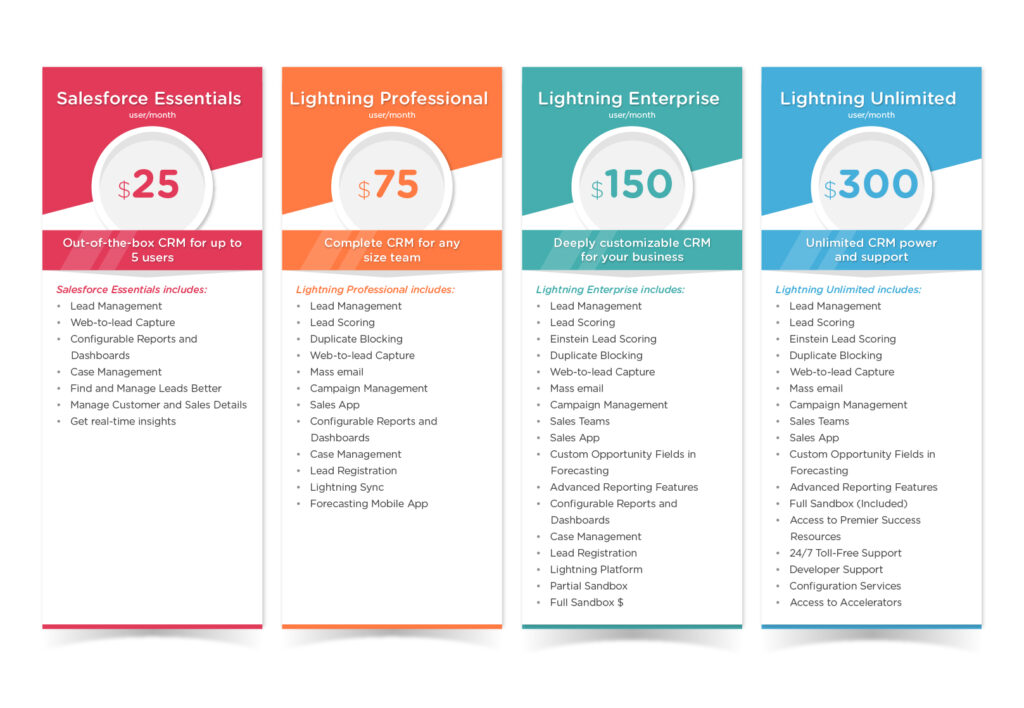
There are three plans available on the platform. The plans for B2B are invoiced annually based on a commission charge per order. The plans for B2C are payable annually based on Gross Merchandise Value (GMV). In detail, the starting packs provide all of the core capabilities needed to get to market fast. But when you progress up the ladder, additional features, for example, multiple channel support, become feasible.
Magento
Magento has three versions: Magento Open Source, Magento Commerce, and Magento Commerce Cloud, which are Adobe Commerce and Adobe Commerce Cloud now.
Magento Open Source is free, but that doesn’t mean you won’t have to pay extra costs. The extensions Magento Open Source provides are limited. Thus, if you want your website to meet your customer’s requirements, you’ll probably have to pay several development costs. This expenditure can be huge. Also, you’ll need to factor in hosting fees ($10–50/month) and domain prices ($10–400/year), which may quickly mount up.
| 1 site/storefront and 2 price books | Pricing | |
| Starter | More than 5 sites/storefronts | ~1% GMV |
| Growth | 5 sites/storefronts and 10 price books | ~1 – 2% GMV |
| Plus | More than 5 site/storefronts | 2% GMV |
On the other hand, Adobe Commerce and Adobe Commerce Cloud have unique built-in features, and their code is streamlined by default. The price policy for these two solutions will depend on your annual sales as follows:
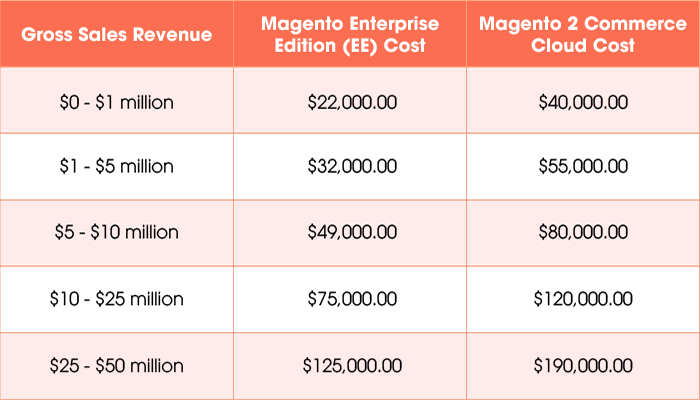
2. Hosting
Another vital distinction between Magento and Salesforce Commerce Cloud is their hosting options. While Magento is an on-premise platform, Salesforce Commerce, a cloud-based SaaS platform, includes hosting.
Magento has also included hosting in its Magento Commerce Cloud service. Even though Magento’s hosted version is cloud-based, it is not a SaaS solution. The hosted version is powered by Amazon Web Services (AWS). It includes extra performance tools as well as dedicated support staff.
If you don’t want to manage the setting, updating, and maintaining your hosting infrastructure, you may use Salesforce Commerce. Salesforce is unlike other systems like Shopify, where customers may encounter slowness if another shop on the shared hosting sees a spike in traffic. Salesforce users do not have to worry about such problems.
If you opt for Magento, the ideal approach is to assign them to a knowledgeable Cloud managed services provider. It may also be shown to be cost-effective in the long term.
Magento vs Salesforce Commerce Cloud: Extensions and Plugins
Both platforms provide rich technical documentation for developers. Also, there are a lot of extensions and plugins in their respective markets.
In the extensions marketplaces, you may find both free and paid add-ons. Both platforms confirm each extension submitted by third-party developers for compliance with their coding standards and development best practices. Therefore, you can be confident in the quality of the extensions you find in the marketplaces.
Magento, on the other hand, has an edge in terms of the number of extensions accessible. It has an extensive user base and a large number of solution partners. Thus, the number of attachments designed for uncommon use cases is growing. Magento’s marketplace has over 5,800 free and paid extensions for improving its marketing, checkout, fulfillment, inventory, and order management.
Magento vs Salesforce Commerce Cloud: Support
Salesforce commerce cloud
As part of their hosted commerce service, Salesforce Commerce Cloud provides 24/7 support. Salesforce’s support team resolves issues that go well beyond simple coding errors, such as help during busy sales periods. You will receive all version upgrades and security patch updates directly in your shop.
Magento
Magento provides help, but only to Commerce users. Users of Magento Commerce have access to a technical support staff that can assist with implementation, configuration, and other issues. Further, merchants will be assigned a devoted account manager who will respond to inquiries quickly.
Magento Commerce Cloud customers have access to and support for the Fastly CDN (content delivery network), which may help create performance-enhancing techniques like caching, file compression, image optimization, and so on. If you choose Magento Open Source, you must contact a Magento-managed services provider.
Third-party integration
Salesforce commerce cloud
Salesforce Commerce Cloud, being a SaaS platform, provides less customization. As a result, your eCommerce site will rely on Salesforce to create the capabilities you want. Salesforce Commerce Cloud lags behind Magento in terms of integration with third-party systems. Customers have few alternatives since Salesforce Commerce Cloud only supports a limited number of third-party solutions.
Magento
Magento, on the other hand, has an open-source framework that allows for complete customization. You may add new features, modify the core code to meet your needs and create incredible experiences with a trained development team. Magento can interact with almost any third-party system, so you won’t have to replace your CX stack. ERP, CRM, payment gateways, fulfillment systems, and marketing automation technologies may all be readily integrated.
Security
Salesforce commerce cloud

Salesforce Commerce has carved itself a market niche for its security prowess. As a locally hosted solution (since its CRM days), the platform provides many security features for your eCommerce site. Salesforce Commerce eliminates the need for obligatory eCommerce compliance, such as PCI.
Magento
Magento is also known for its security. With each version upgrade, the platform improves its security features and sends fixes to retailers that are still using earlier versions to keep them secure.
Other Magento security features include SHA-256 (Secure Hash Algorithm 256), password encryption to prevent your business against dictionary assaults, Signifyd (fraud detection system), and SSL certification.
The Security Scan Tool in Magento allows you to control the security status, resolve concerns, and track past security reports. You may run over 21,000 security tests and receive feedback on how to fix failing tests.
AI-Powered Personalization
Salesforce Commerce Cloud
Salesforce created Einstein – an AI tool that has become popular recently. It is used for product recommendations, predictive sorting, customer insights, and advanced site search suggestions.
Einstein derives his information from two sources:
- A shared database that has been contributed by customers.
- The browsing activities of consumers are recorded to update the shopper’s prediction model in real time and determine the most relevant experiences for shoppers.
Einstein can use the data to help merchants construct smarter businesses than ever before:
- Discover knowledge: Give every merchant fast access to intelligent information to better understand your clients.
- Predict the outcome: Einstein uses data to forecast customer actions based on their habits, such as which sales lead, and opportunities will convert into revenues, which channels, content, goods, messaging, and even timing your consumers will respond to.
- Suggestions for further steps: Einstein will provide the right tips to your staff and consumers after the learning process. Your team is counseled on upsell, cross-sell, and recommendations to reduce attrition, among other things.
- Automate workflow: Einstein can then gather and log vital customer data for analytics and provide consumers with on-demand service via AI chatbots.
Magento
Adobe Sensei powers the built-in product suggestion tool in Magento Commerce. The most advanced AI powers a group of machine learning algorithms that automatically monitor buyer actions to provide meaningful product affinities. Four sorts of suggestions are powered by AI:
- Shopper-based: Recommends things based on visitors’ browsing, watching, and purchase history. These products are widely referred to as “Recommended for You.”
- Content-similarity-based recommendations: Recommends items that are similar to things based on current page activity or previous visitor behavior.
- Item-based: This sort of suggestion is based on the products seen or purchased during the same browsing session as a particular product, and there are three basic types:
- I viewed this and saw that: Items are often considered in the same session as the selected item.
- I saw this and purchased that: Items often purchased in the same session where the given item is browsed.
- Bought this, bought that: Items often purchased by customers with the specified item.
- Contextual popularity: incorporating trending, most-viewed, most bought, and most added to basket goods.
>>> Read also: Why Adobe Commerce is a powerful solution for the B2B eCommerce merchants
Conclusion

In short, Salesforce Commerce Cloud and Magento are alike to a certain extent. the latter outperforms the former regarding customer service, although Magento still has a vibrant user community to support its customers. Because of its open-source nature, Magento Commerce is better than Salesforce Commerce Cloud for customization. If you need a lot of customization, Magento Commerce is the one. On the other hand, Salesforce Commerce Cloud is an excellent alternative if you don’t want to spend too much time maintaining your infrastructure.
If you wish to grow or rebuild your eCommerce website, you can think about Salesforce Commerce Cloud and Magento, as these are the best eCommerce platforms. But, if you can’t do it, come to us. We – Magesolution is one of the leading Web Development companies in the world. We can provide you with Magento Website Development services, … and Salesforce Solutions like Customization on Demand, Migration, Support and Maintenance, etc. Feel free to CONTACT US now!
